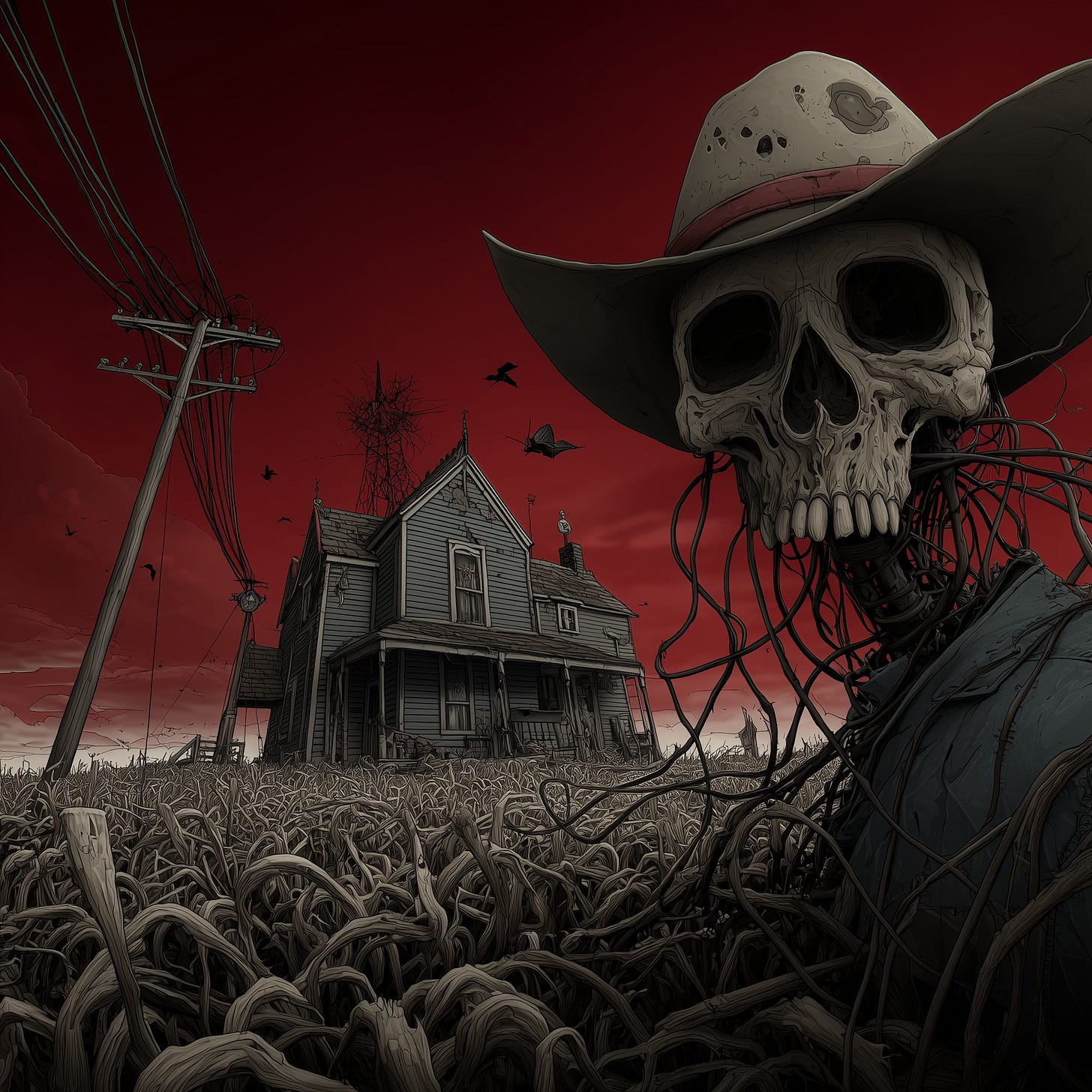The Gaucho's Silence
How Argentina's Pampas Created a Philosophy of Solitude
The Pampas does not speak; it listens. Stretched across Argentina’s heartland like a taut canvas waiting for meaning, this grassland has shaped a national consciousness that finds profundity in what remains unsaid. The gaucho, that mythic horseman of the plains, learned early that words scatter like dust in such immensity.
From this lesson emerged not just a way of life but an entire aesthetic philosophy that would reshape world literature through writers who understood that silence carries more weight than speech when measured against infinity.
Consider the gaucho’s typical day before mechanization transformed the Pampas. Rising before dawn to move cattle across distances that mock human scale, he might speak fewer than fifty words between sunrise and sunset. This was not poverty of thought but economy of expression, born from the practical reality that shouting into that vastness was like throwing pebbles at the sky.
The Pampas taught its inhabitants that language itself was a kind of violence against the natural order, a human intrusion into spaces that existed perfectly without commentary. This understanding seeped into the Argentine consciousness like morning dew into leather boots, invisible but undeniably present.



